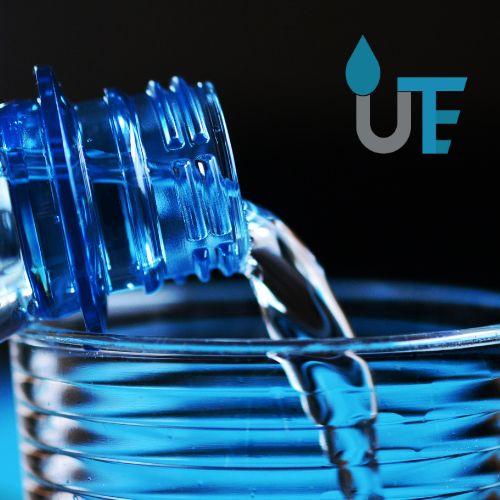desalination technology Saudi Arabia is known for its desert climate and limited freshwater resources. To address water scarcity and meet the country’s growing demand for safe drinking water, desalination plants have been set up across the country.
Desalination technology in Saudi Arabia relies primarily on seawater reverse osmosis (SWRO) to convert seawater into fresh water. This process uses pressure from pumps to force seawater through the membranes and remove salt and other impurities from the water. The resulting fresh water meets international standards for drinking quality and is then distributed to homes and businesses across the country.

This paper provides an overview of the desalination plants in Saudi Arabia, highlighting their role in providing clean drinking water to the population. It also discusses some of the challenges associated with using desalination technology, such as energy requirements and environmental impacts.
Desalination Union Company
Desalination Union Company Union Desalination Company Union Water Desalination Company (UTE) is one of the most prominent companies that was born according to the vision of the Kingdom of Saudi Arabia 2030, specializing in water desalination and water treatment 1. It was established in 2018 and contributed and played a role in many government and private projects.
The company is involved in the design, manufacture, installation and maintenance of reverse osmosis water desalination plants, treatment and wastewater, in addition to the supply of water chemicals and spare parts for water desalination plants. We aim to improve the quality of life by creating an economic and healthy balance that contributes to improving the quality of the natural environment for our customers and our society.
desalination plants
desalination plants in Saudi Arabia are making great strides towards achieving their goal of water security. The Kingdom is investing in a number of desalination plants to ensure a continuous supply of clean and safe drinking water. Desalination plants are used to convert seawater and brackish groundwater into potable drinking water, while other technologies such as membrane distillation, reverse osmosis and nanofiltration are used to purify well water.
These desalination plants have revolutionized the way we obtain fresh water in the Kingdom. They provide a reliable source of fresh water for municipal uses, replacing aging wells and utility systems that are becoming increasingly costly to maintain. In addition, it allows us to introduce advanced treatment technologies so that contaminated or contaminated well water can be made fit for human consumption.
Saudi Arabia is facing a major water crisis due to its arid climate and increasing population. To address this, the state has established desalination plants to convert salty water into fresh, drinkable water. These desalination plants use a variety of technologies such as reverse osmosis and distillation to remove salt and other impurities from the water. Desalination of well water, brackish water and municipal utility water is becoming increasingly popular in Saudi Arabia as it provides an effective solution to the water crisis. This article will discuss the different desalination technologies used in the country, their advantages, and how they can be used to renovate existing desalination plants.
In Saudi Arabia, the use of desalination plants is becoming increasingly important. Desalination machines are used to replenish water sources and provide access to clean drinking water. Desalination plants can be used to treat brackish and well water as well as municipal sources and utilities. These facilities are often necessary to purify raw water or wastewater for human consumption or other uses. Desalination processes must be carefully monitored to ensure that the treated water meets safety standards for its intended use. As such, it is imperative that these desalination plants be properly maintained and managed in order to ensure a reliable source of clean and safe drinking water.



